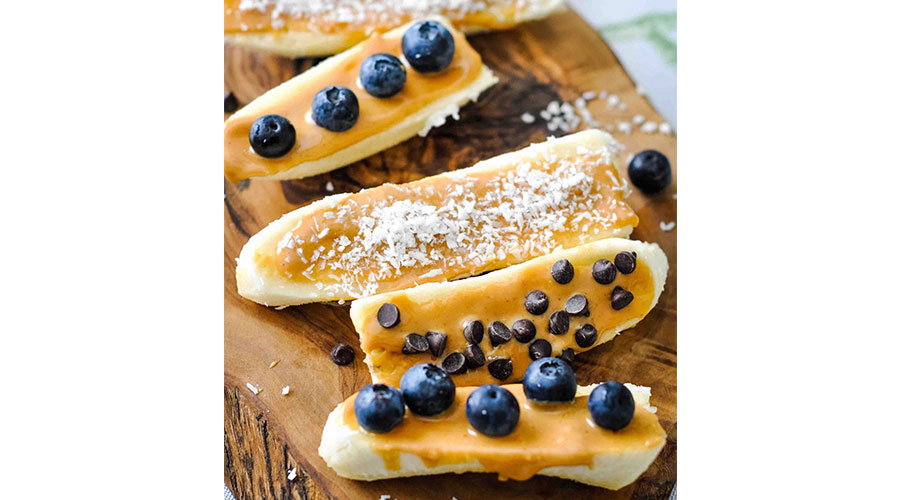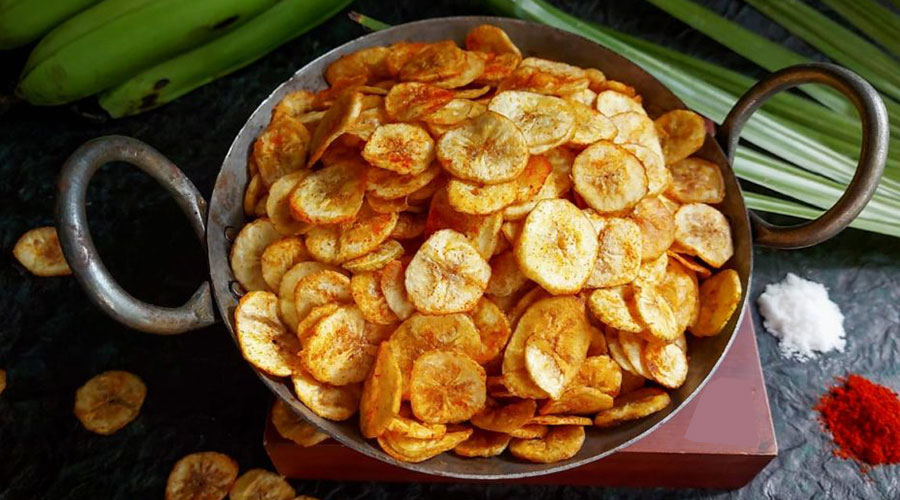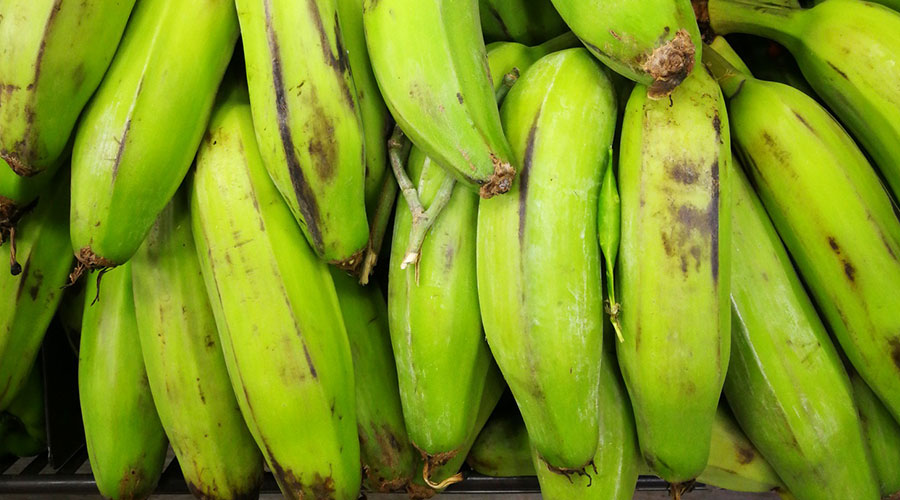Salt therapy – All you need to know
- 24 Feb - 01 Mar, 2024
Banana chips are a sweet treat made by frying thin slices of underripe bananas (Musa acuminata) and drizzling them with sugar or honey. By baking or dehydrating banana slices, some home cooks also make banana chips.
Although bananas in their raw state can include beneficial elements including fibre, potassium, vitamin B6, and vitamin C, banana chips don't contain much in the way of vitamins or minerals because a single serving only uses a small portion of the full banana. Banana chips should only be eaten occasionally because they might be high in fat and sugar.

While eating a single serving of banana chips is unlikely to have the same health advantages as eating an entire raw banana, it is possible. You'll end up ingesting a lot of fat, carbohydrates, and calories if you eat enough fried banana chips to receive the same vitamins and minerals that a full banana provides. This could be advantageous as a rapid, practical, and inexpensive source of energy. Making your own banana chips allows you to control or eliminate the sugar content to suit your taste preferences and nutritional requirements.
Even when they are fried, banana chips might be a healthier alternative than potato chips. According to USDA data, a comparable serving of potato chips contains less than one gramme (0.6g) of fibre yet has nearly the same number of calories as banana chips. Although though this is a small amount of fibre, including it in your diet can help you feel satisfied after eating for a longer period of time. Increased fibre consumption has been linked in studies to successful weight loss on calorie-restricted diets.

The following nutrition data is provided by the USDA for 1 cup of banana chips (72 grams).
• Calories: 374
• Fat: 24.2g
• Sodium: 4.3mg
• Carbohydrates: 42g
• Fiber: 5.5g
• Sugars: 25g
• Protein: 1.7g
REDUCE BLOOD PRESSURE
Potassium can be found in bananas in good amounts. Blood pressure is known to be lowered by potassium, especially when combined with a low-sodium diet. There may not be much potassium in banana chips. Yet, this snack is probably lower in sodium than similar foods like potato chips or crackers. According to USDA data, a single serving of banana chips has 0.84 mg of sodium, compared to 95 mg in a comparable amount of potato chips.
Banana chips may cause reactions in people with oral allergy syndrome, also known as pollen-food sensitivity syndrome. A reaction could also be brought on by other foods like melon, cucumber, kiwi, and avocado.
Itching around the mouth, face, lip, tongue, and throat are typical oral allergy symptoms, which typically start to manifest shortly after eating the fruit. Banana chips and other foods prepared with bananas may cause a reaction in people who are allergic to ragweed. 4
Many packaged banana chip manufacturers use palm or coconut oil in the production of their goods. Although there aren't many instances of responses to coconut oil or allergies to coconut, allergy specialists are unsure whether eating foods made with these oils is always safe for people with these allergies.

Bananas are available all year long in almost all grocery stores. So, if you are making these chips at home, you'll find the ingredients easily at your local market. Banana chips are also available in most supermarkets.
COMMENTS